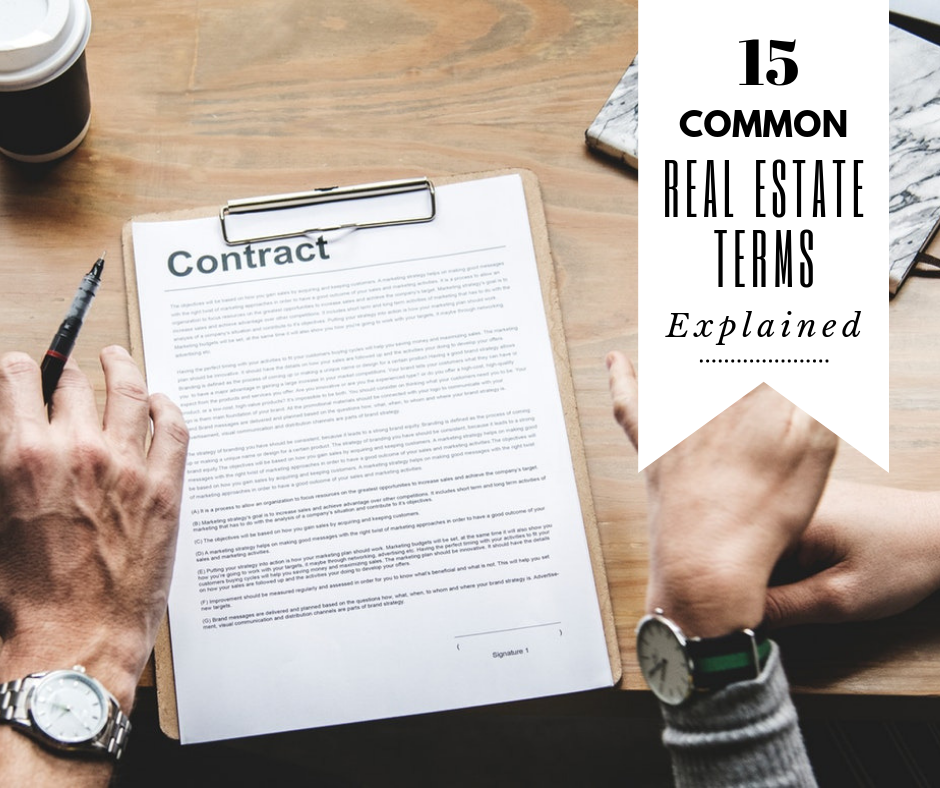An adjustable-rate mortgage is a mortgage loan that can be adjusted periodically throughout the life of the loan, usually at five, seven, or ten year intervals.
2. Appraisal
A real estate appraisal is the process of developing a value for a property. This is done by an appraiser and is generally used to create a sale price for a property and is utilized by banks to be sure they are lending the right amount of money to buyers. Appraisals consider the value of a property based on its physical characteristics along with prices of comparable properties in the surrounding area.
3. Closing
A real estate closing is the meeting that happens when the sale of a property is finalized. The buyers and sellers meet to sign the final documents and the title for the property is transferred from the seller to the buyer. This is also when a downpayment is made and closing costs are paid. The closing is the final step in a real estate transaction and usually occurs weeks after an offer is accepted.
4. Closing Costs
Closing costs are fees paid at the end of a real estate transaction, and are usually set at 2-5% of the purchase price of a property. Closing costs can be made up of fees from title insurance, excise taxes, loan processing, and more.
5. Contingencies
Contingencies are conditions or actions that must be met in order for the purchase of a property to become binding. A common contingency when buying a home is a home inspection contingency. A home inspection contingency would allow the potential buyer to back out of the purchase of the home if the inspection agency found major problems with the home. The sale of the home would be contingent on whether or not the buyer accepted the results of the inspection of the home.
6. Contract
A real estate contract is a legally binding contract between two parties for the sale of a property. The goal of a contract is to establish the responsibilities of both parties involved in the sale of the property.
7. Fixed-Rate Mortgage
A fixed-rate mortgage is a mortgage loan with an interest rate that remains the same throughout the life of a loan.
8. Home Warranty
A home warranty is a warranty paid for by the buyers of a property that covers the cost of repairing problems such as plumbing, appliances, heating and cooling and more.
9. Inspection
A home inspection is an exam of a home and its condition, often performed by a home inspector, that is used in the sale of a home. It is performed once a buyer makes an offer. Inspections usually cost a few hundred dollars and the purpose is to ensure the home is up to code. The inspection can also help with the negotiation of the price of a home.
10. Listing
A listing is a home that is for sale. It is usually "listed" in a publication or on a website such as Zillow, the Multiple Listing Service, or a real estate agency's website.
11. Offer
An offer is the price of a home offered to the seller by the buyer. The seller chooses to accept, reject, or propose a counter offer.
12. Principal
Principal is the balance on a loan. Interest and principal are what make up a monthly mortgage payment.
13. Real Estate Agent
A real estate agent is someone with a real estate license that assists buyers and sellers in the home-buying process.
14. Real Estate Broker
A real estate broker is a real estate agent who has passed their state's broker exam and has met a required level of learning, experience, and transactions to do so. A broker may work on their own or hire agents who work under them.
15. Title
The title of a property is a document that states the rights and ownership of a property.

